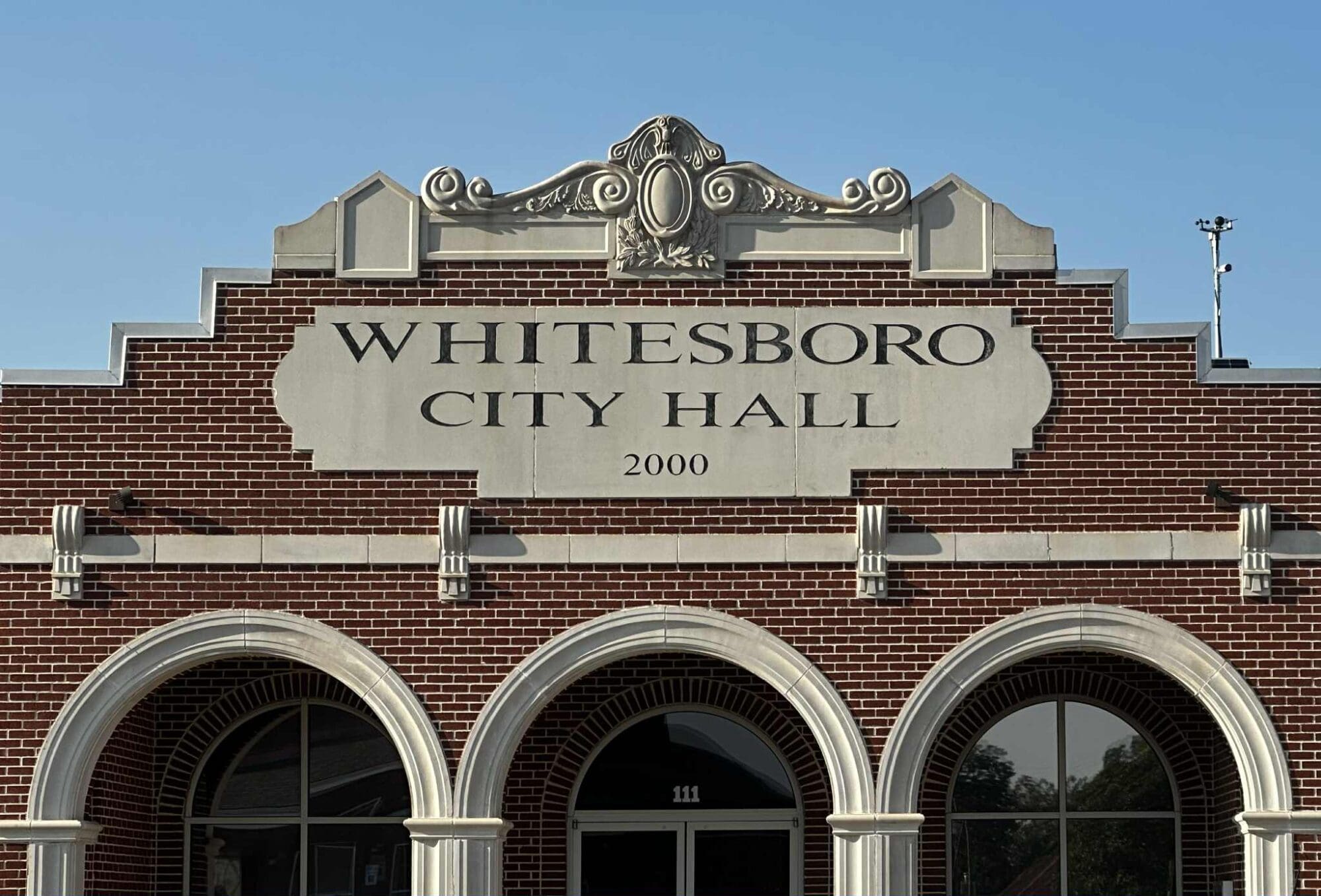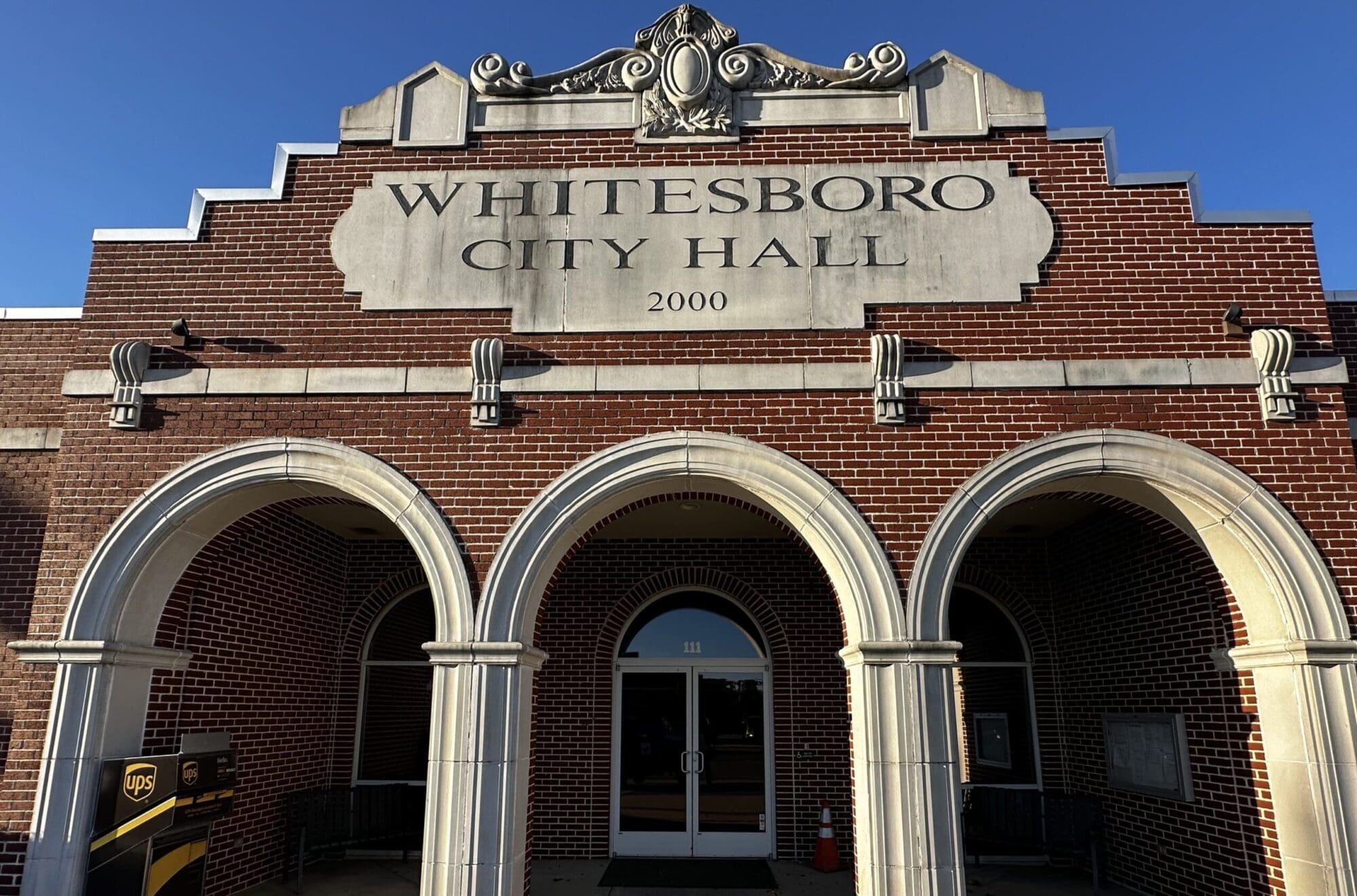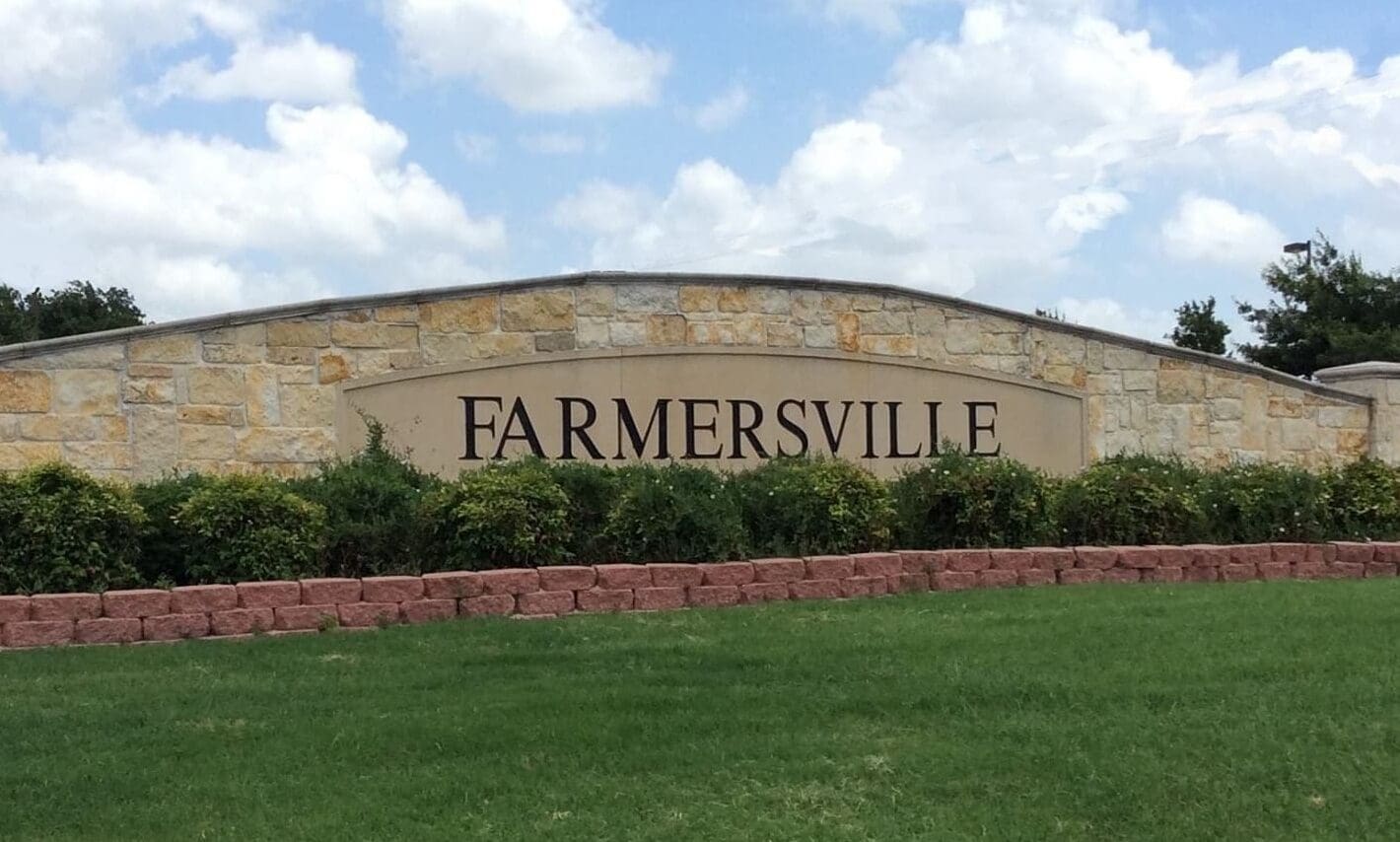A preliminary property tax rate approved by McKinney City Council would result in higher city property tax bills, on average, even though the city is not raising the tax rate.
Since 2013, the average McKinney homeowner’s city property tax bill has increased 48 percent, from $1,214 to $1,797. The city lowered the tax rate several times, but not enough to offset skyrocketing property values. McKinney’s property tax collections have also been significantly boosted by double-digit growth in the city’s tax base each of the past five years.
On August 5, council members unanimously adopted a city tax rate ceiling of $0.52517 per $100 of assessed taxable value for Fiscal Year 2019-20. The approved ceiling is now the highest rate the city can impose this year. About 31 percent is designated for paying off debt (I&S), with the remaining 69 percent going toward the city’s operating expenses (M&O).
McKinney’s chief financial officer, Mark Holloway, said the city’s proposed FY 2019-20 budget will recommend a tax rate of $0.51560—below the ceiling adopted Monday but still above the effective tax rate of $0.508664. Details will be discussed in a city council budget workshop on Friday, August 9.
Any rate above the effective rate will collect more in taxes from the same properties the city taxed last year and result in higher city tax bills for homeowners whose property values have increased.
Because McKinney chose an amount higher than the effective rate, state law requires the city to hold two public hearings on the tax rate. Those hearings are set for August 20 and September 3. City council will adopt the final tax rate and budget on September 17.
Truth in Taxation
Texas’ truth-in-taxation laws require local taxing entities to calculate their effective rate each year to ensure the public is informed of any tax increases. The effective rate is also called the “no-new-revenue” tax rate because it collects the same amount of property tax revenue overall from the same properties taxed the previous year. By adjusting downward to compensate for rising property values, the effective rate keeps homeowners’ city tax bills flat, in the aggregate, though individual taxpayers’ results vary based on valuations and exemptions.
The calculation excludes taxes collected from new properties added to the tax rolls in the current year—which means growing cities like McKinney take in more property tax revenue even at the “no-new-revenue” rate.
Cities and other taxing entities are also required to calculate a rollback rate—the highest rate they can impose without voter approval. The current rollback rate, set by state law, is a rate that collects 8 percent more in operating revenue from properties taxed the previous year.
As with the effective rate, the rollback calculation excludes growth. Tax revenue used to pay debt service is also calculated separately. The debt rate may rise as high as necessary to cover debt expenses.
The tax rate ceiling McKinney adopted Monday is below its rollback rate of $0.539293.
Property Tax Reform
Property tax reform passed by the state legislature this year in Senate Bill 2 goes into effect in 2020, so starting next year, McKinney will need voter approval to raise the city’s operating tax revenue by more than 3.5 percent.
McKinney Mayor George Fuller was one of many local officials who vocally opposed the popular pro-taxpayer reform designed to protect constituents from excessive property tax hikes. He told Collin County Commissioners Court the city’s homestead exemption, as well as fire and police services, would be “compromised and jeopardized” by the legislation, and he was among dozens of local officials who traveled to Austin to lobby against lowering the amount cities could raise taxes without voter approval.
Fuller said again last month that property tax reform could threaten city homestead exemptions. McKinney currently offers a $65,000 exemption to disabled and over-65 homeowners but no general homestead exemption. Local property tax exemptions vary by city and are in addition to state-mandated exemptions.
Where Your Property Tax Money Goes
Holloway noted the city plans to maintain the debt service rate in the 16-cent range “so we can afford the bond election we had.” In May, McKinney voters approved $350 million in new bond debt that must be repaid, with interest, using property taxes.
The remaining property tax revenue will be spent on the city’s operating expenses. Property taxes generally account for about half the city’s general fund revenue. The biggest chunk of that revenue, about 45 percent, is spent on police and fire. The rest pays for the cost of city government, public works, parks and libraries, development, and other city services.
McKinney City Council Budget and Tax Rate Meetings
August 9: Budget Workshop
August 20: 1st Tax Rate Public Hearing
September 3: 2nd Tax Rate Public Hearing, 1st Budget Public Hearing
September 17: 2nd Budget Public Hearing, Council Approves Tax Rate and Budget






